
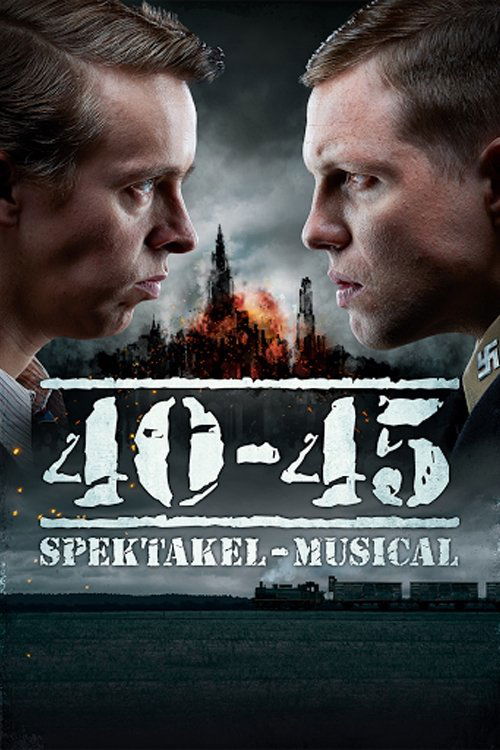
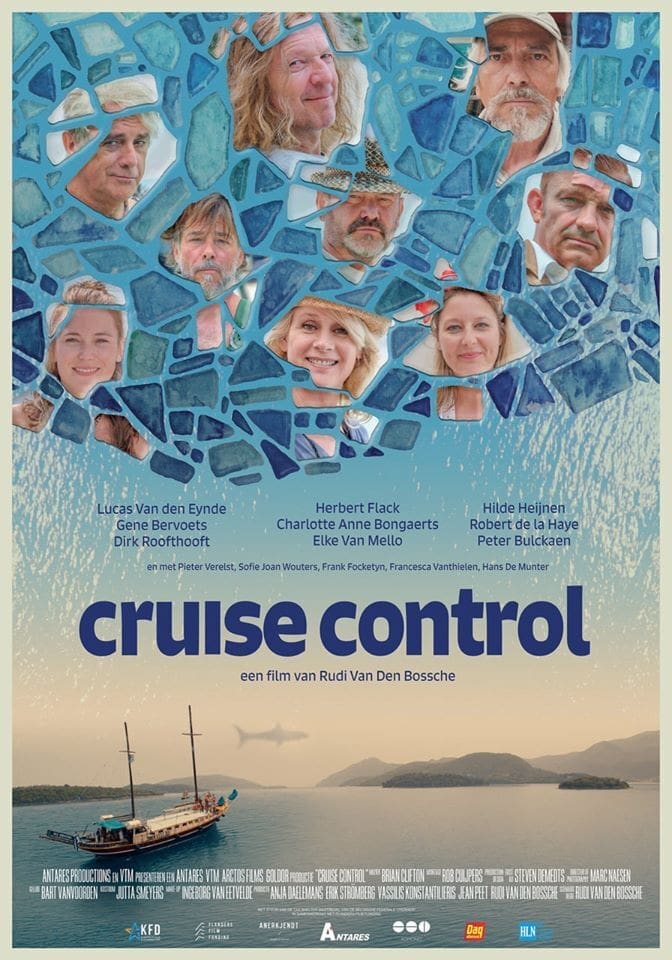
Life does not go well the last couple of years for film director Serge Gabriëls. Since the day he chose his career above the woman of his life, things kept going downhill. When a bailiff was sent to declare his production company bankrupt, he lost all hope and perspective. Fortunately at that crucial moment he received the one phone call he has been waiting for his whole life. Out of the blue, Serge is offered the opportunity to realize the dream of his lifetime: to shoot a real love story.
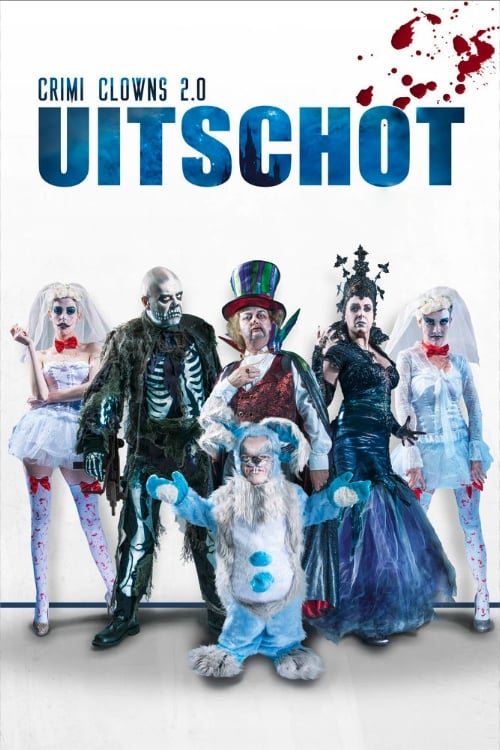
The Tersago family isn't your average family business: clowns by day, thieves by night. They get arrested following a robbery homicide in a villa in Brasschaat, but let off for lack of evidence, except for son Wesley. Wesley's sister Amber decides to finish Wesley's wacky reality movie herself. Father Ronny wants to get out of organized crime and launder the stolen money with the production of a musical. Ronny and his companion Lou get approached by two police inspectors entirely convinced of their involvement with the robbery homicide. The stolen money is rumored to belong to a powerful Russian drug lord. The Tersago's now realize their lives are in danger. An armed man slips into the theater during the premiere of the musical while son Wesley plans an escape from prison.

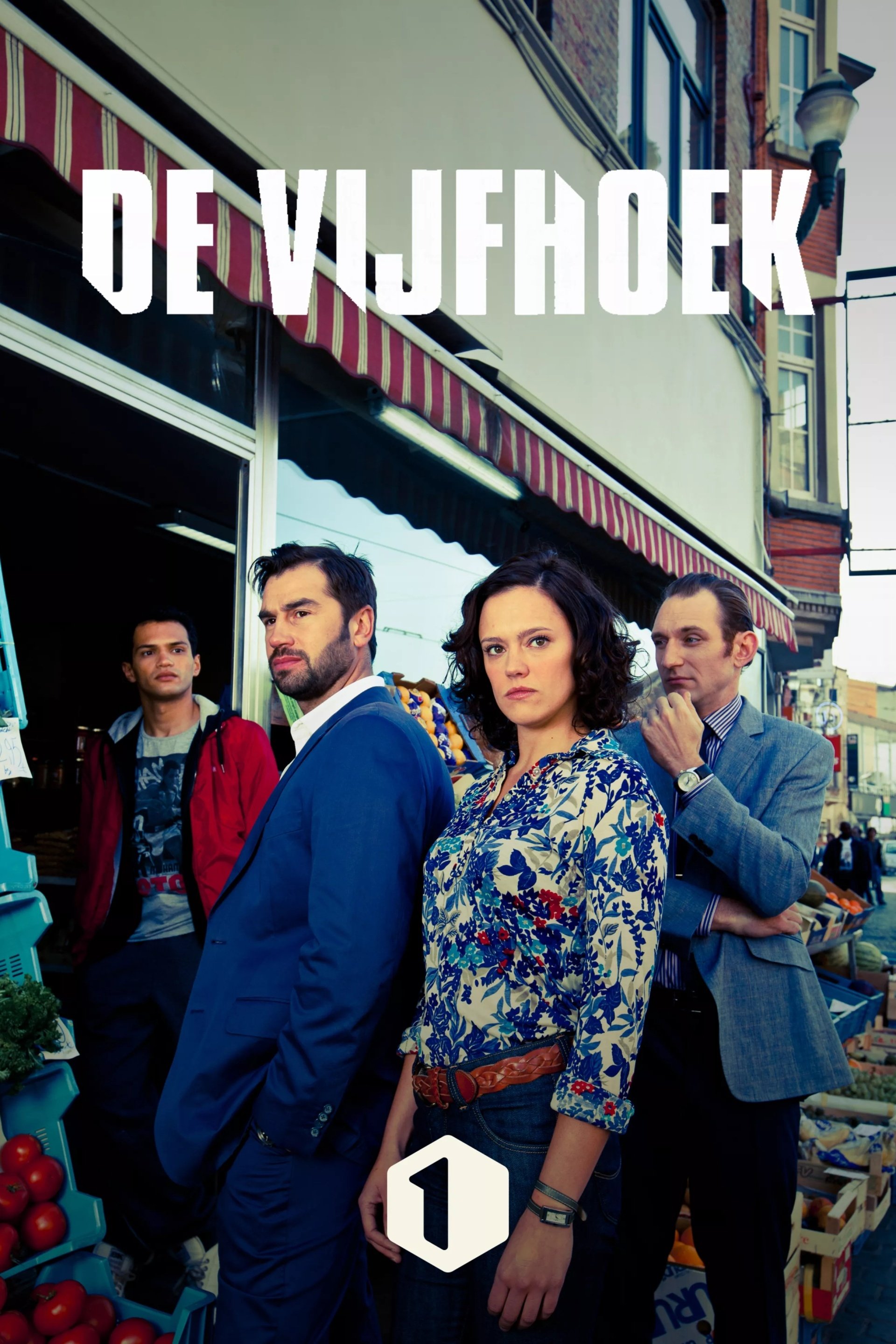

Sara De Roose, a business economics graduate, passed with honours at the university but has trouble finding a job—until she comes across an assistant job in a Belgian fashion company, called "Présence".
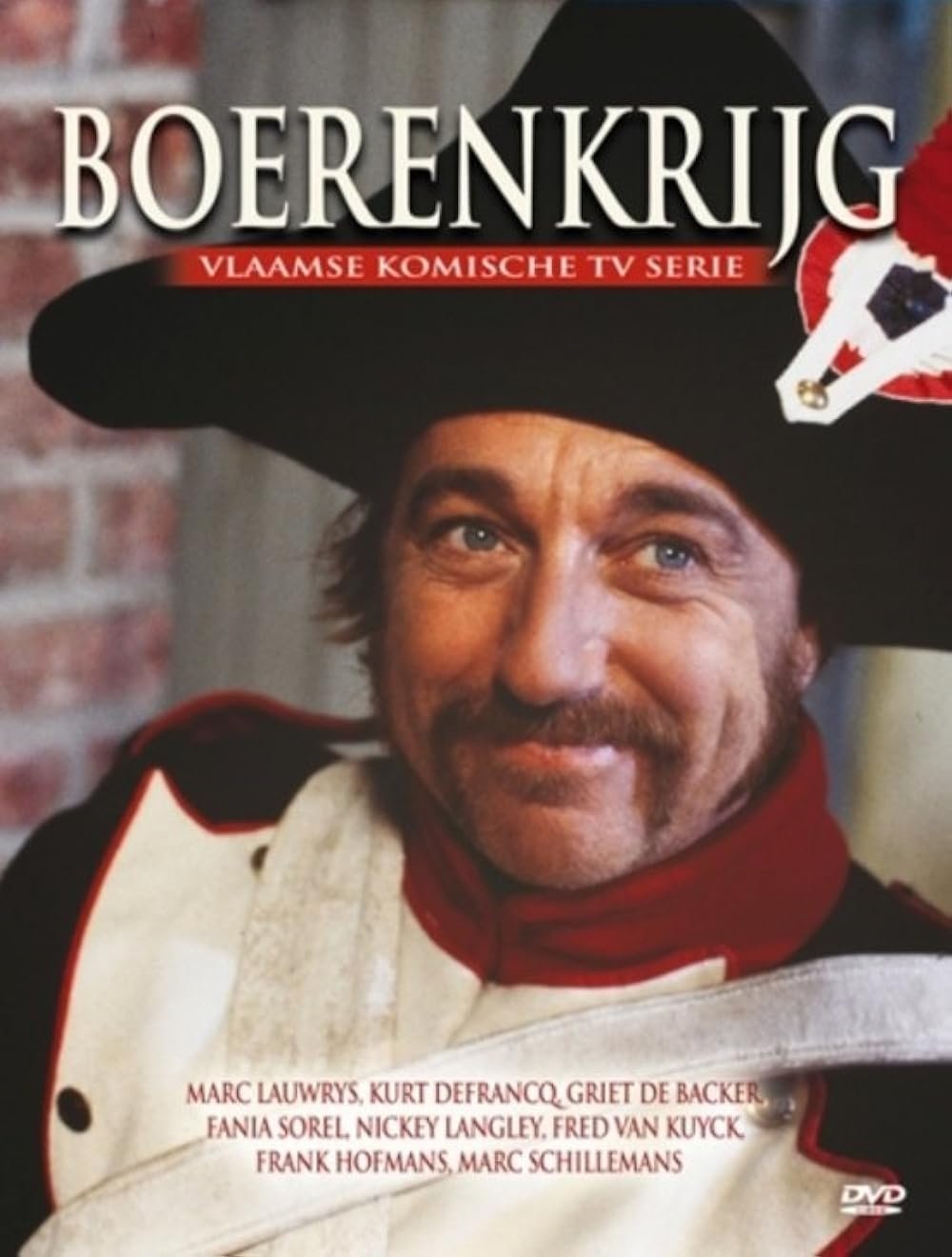
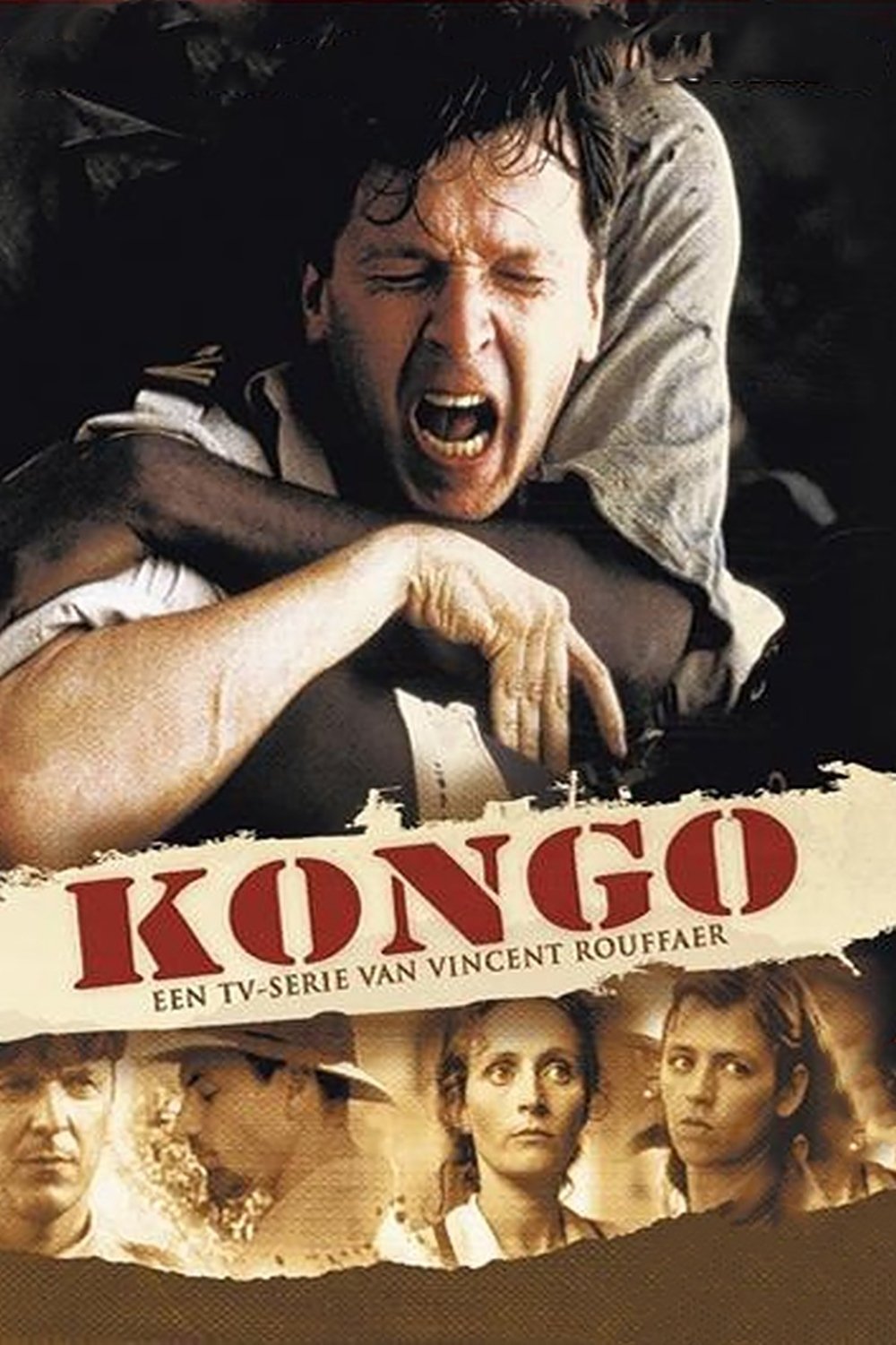
Guy Moeyaert is a well-meaning colonial official in a jungle district of the Belgian Congo in the last years of white colonial rule, after the Second World War, a paternalistic system where the state, unable to be properly present all over the vast, sparsely populated country, collaborates systematically with the Roman Catholic missions -in his post, father Alexis- and private enterprise, in case mainly the mining company -locally represented by engineer Lenaers- which also helps out with money and labor for such public tasks as road building. Even his grip on the natives is weak, as they live under hereditary tribal leaders, which must take from its people what they are legally obliged to deliver to the state in taxes and labor; coercion is done by force, including whipping on the bare buttocks, which Guy hates. Guy also starts a love affair with Hélène Vermarcke, who gets estranged from her husband Luk (the three were already friends in Belgium) as he devotes all his efforts the their plantation, leaving her alone with the native staff and their son, or is it Guy's? The adultery makes his position in the white community far weaker then is compatible with his position of theoretical authority without sufficient independent means. He also depends heavily on his educated black clerk Gabriel Ndazaru and ambitious white deputy Arthur. It all gets worse for everybody as the call for 'dipenda', black independence as in Ghana, gets stronger, in time even accepted 'in principle' by the Belgian government which plans a gradual transition which the idealist Guy supports but all other whites oppose, while the natives have neither patience nor insight and start attacking every symbol of the old regime, regardless of its objective value, and soon white people and 'collaborators' too- it gets physically dangerous, but Guy won't budge or flee...
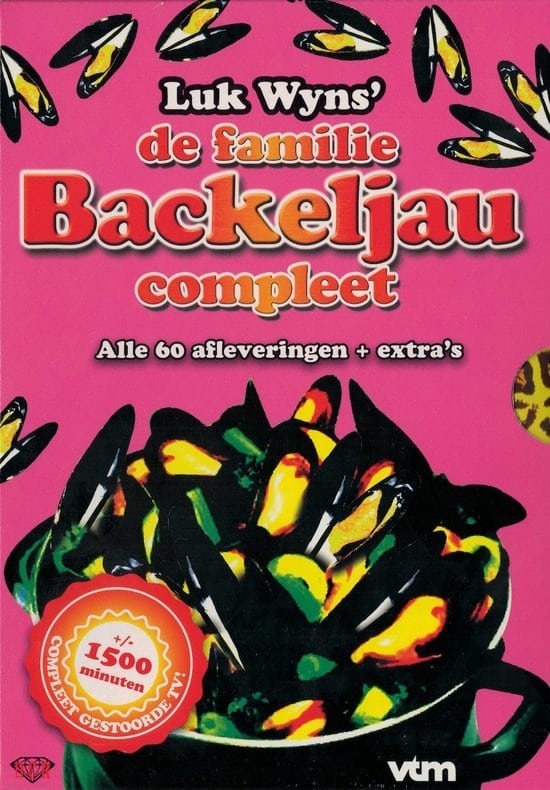
This Flemish sitcom is entirely about the entirely wacky lower-class family Backeljau, which always speaks the most common Antwerp dialect. It consists of father François 'Cois' Backeljau, his wife Maria, the rather cunning Bomma ('granny' Thérèse, his mother), the even older pet (in dog years) Blacky, their son Franky and his wife Janine, daughter Sabrina and her husband Antonio and little nephew Lionel, the youngest but more intelligent then all his dumb relatives together and various lovers, friends and regular guests, such as the mailman and the policeman.
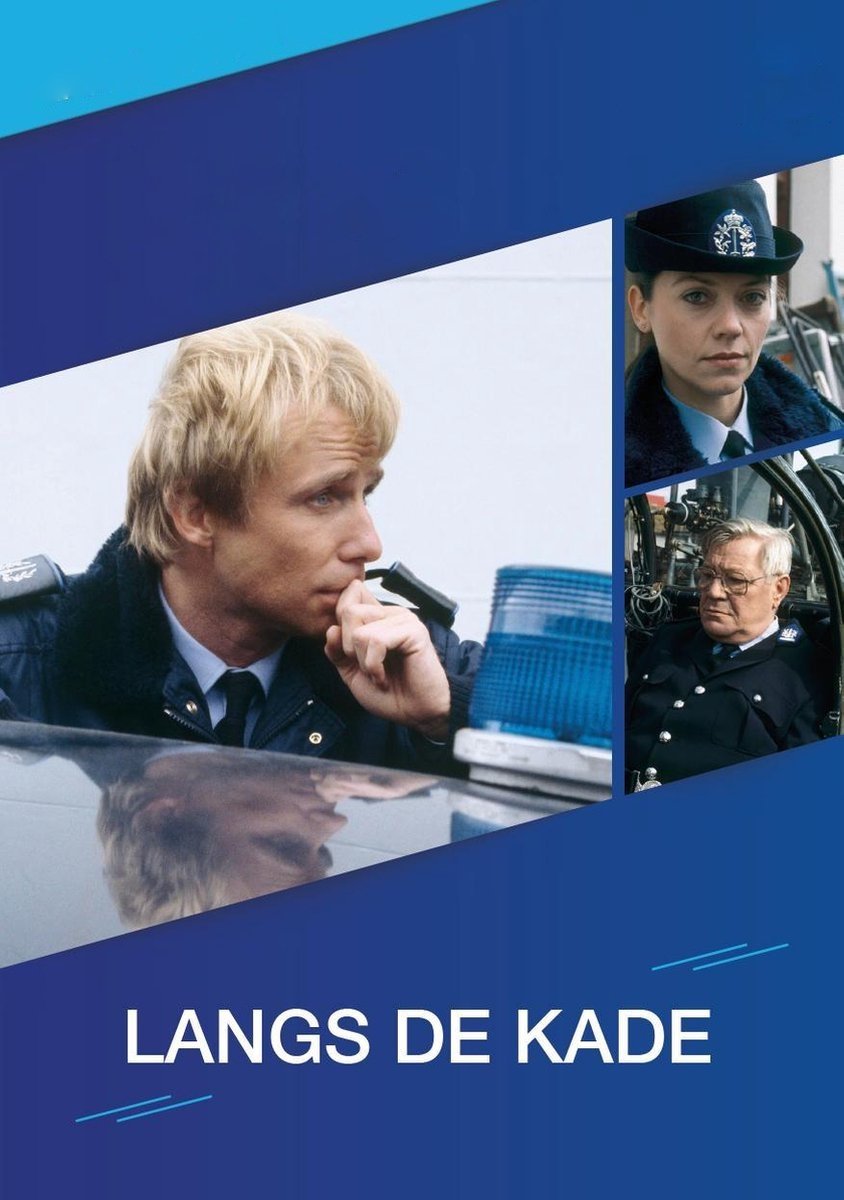
By browsing this website, you accept our cookies policy.